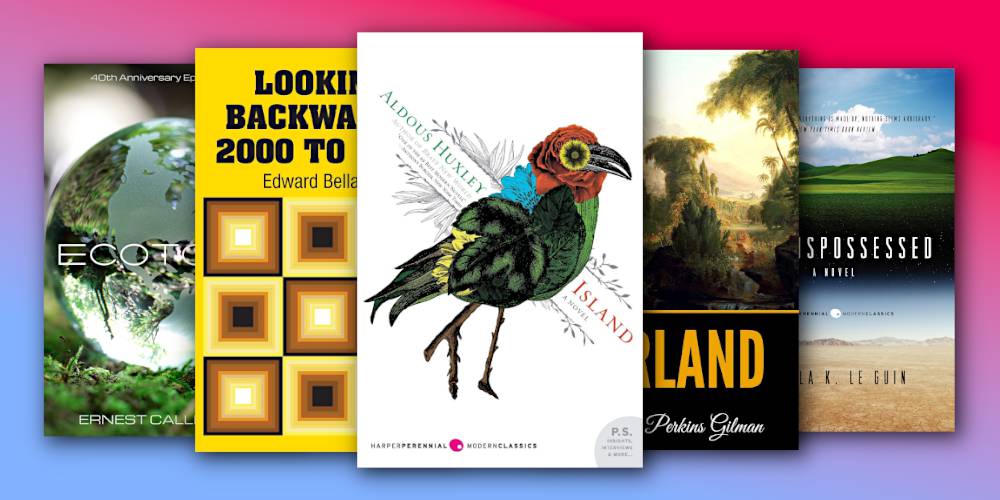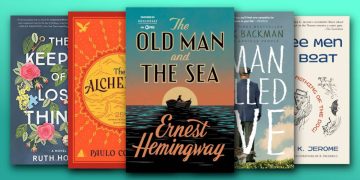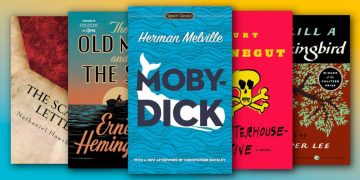Can you imagine a world without any serious conflicts or problems? A peaceful reality where poverty, inequality, and discontent are no longer concerns? That's the main goal of utopian literature.
Utopian fiction is a subgenre of science fiction that depicts ideal societies, usually in the form of future, alternate, or fictional worlds.
Utopian stories have existed for centuries, with diverse authors imagining worlds better than our own in order to explore complicated themes such as democracy, capitalism, private property, freedom, gender equality, and environmentalism.
Here are our picks for the best books about utopias and utopian societies that give us hope for a better future and inspire us to question the issues that we live with right now.
10. Utopia
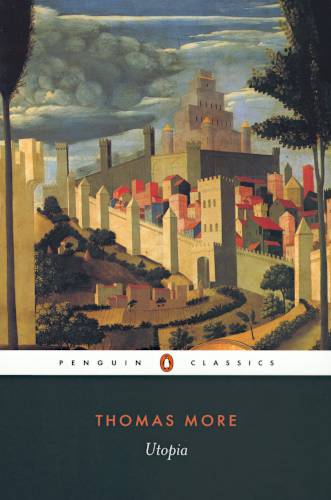
This 1516 book by Sir Thomas More is responsible for giving us the concept of a "utopia," which is a word derived from ancient Greek that actually means "nowhere."
In the seminal classic Utopia, More establishes his idea of a perfect society in the form of a fictional island named Utopia.
In Utopia, everyone works together for the common good and the concepts of private property and greed have been eradicated. The fictional island also provides its residents with high-quality education, religious freedom, free healthcare, and even euthanasia.
Utopia is a short but fascinating read that offers critical commentary on the social, political, and economic problems of More's time, which was marked by corruption, greed, and inequality. It also served as an important inspiration for future utopian works.
9. News From Nowhere and Other Writings
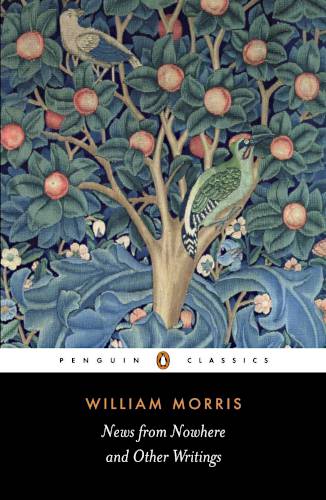
News From Nowhere and Other Stories is an 1890 novel written by socialist activist William Morris. The story follows William Guest, a British man who falls asleep on the way home from a Socialist League meeting and wakes up in the year 2090.
Guest is amazed by how society has evolved over those two centuries. In this new Britain of his, there are no private properties, big cities, authorities, monetary systems, industrialization, marriage, courts, prisons, or class structures.
Furthermore, the means of production are all owned by everyone and all members of society work cooperatively and voluntarily.
News From Nowhere and Other Writings is a short but interesting read that gives us a glimpse into the thinking and the problems of the 19th century, many of which are still relevant today.
8. Childhood's End
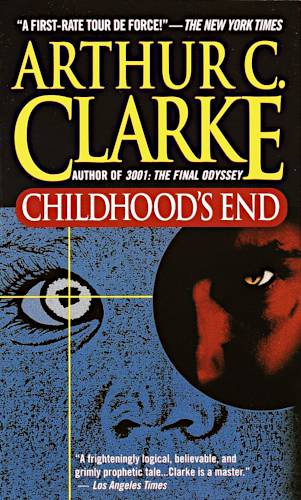
Childhood's End is a 1953 book by British author Arthur C. Clarke. The novel tells the story of a peaceful alien invasion, which brings utopia to Earth under the rule of the mysterious Overlords.
However, this seemingly perfect society comes at the expense of human identity and culture. Since all the world's problems are now a thing of the past, there's no need for human innovation and creativity.
Childhood's End is a classic of science fiction literature and a thought-provoking reflection on some of the things that could be lost in a perfect society and whether the trade-off is worth it.
7. Men Like Gods
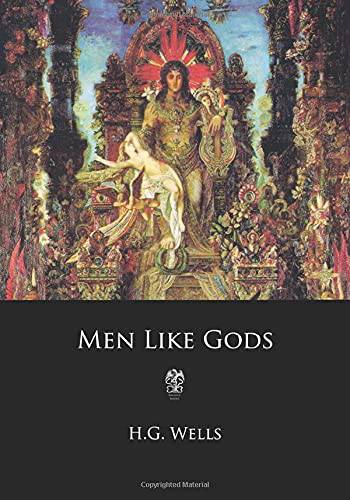
Men Like Gods is a 1923 novel by popular science fiction author H. G. Wells. The book features a utopian world located in a parallel universe.
The story follows Mr. Barnstaple, an English journalist who's transported into a different dimension.
In this new utopian world, people live their lives by the five principles of liberty, which are privacy, free movement, unlimited knowledge, truthfulness, and free discussion.
Men Like Gods is an interesting read that gives us a glimpse into what some people considered an ideal society one hundred years ago, written by one of the greatest minds of science fiction.
6. Island
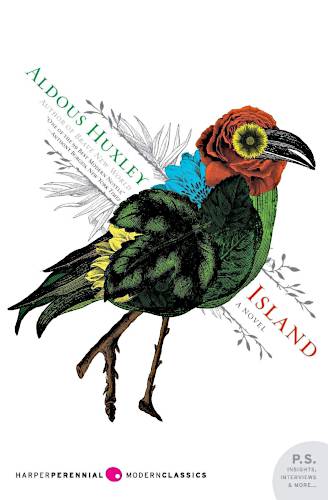
Island is a 1962 book written by famous English writer Aldous Huxley, which was meant to be a counterpart to Huxley's own popular dystopian novel Brave New World.
The story follows William Farnaby, a cynical journalist who manages to enter Pala, a utopian island nation in the Pacific. In Pala, citizens practice a mixture of Eastern and Western philosophies to create a peaceful and prosperous society.
Huxley used Island to explore hot topics that arose in the aftermath of World War II, such as ecology, education, overpopulation, democracy, and the use of drugs for spiritual growth.
Island is definitely a worthwhile read, especially if you're familiar with Brave New World and want to see the other side of the coin.
5. Herland
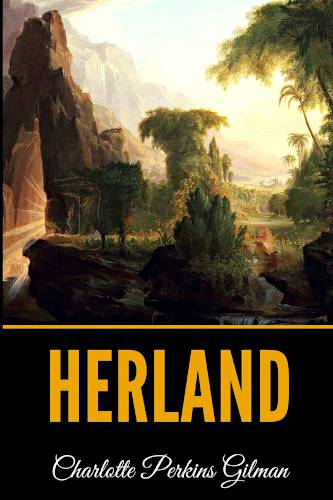
Herland is a 1915 novel written by American author Charlotte Perkins Gilman. In this early feminist classic, we get an all-female utopia that explore themes of gender equality, motherhood, and individuality.
The story follows three men who stumble upon a secret all-female society where women live in peace, free from patriarchy and conflict. Throughout the book, the three men learn about their culture and traditions and become accustomed to the land.
Herland is a thought-provoking novel laced with early feminist theories that give us a unique utopia without gender norms or inequality.
4. The Dispossessed
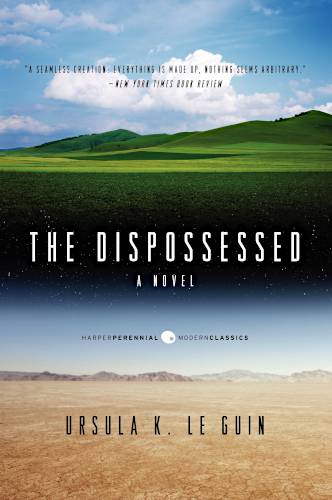
The Dispossessed is a 1974 novel by American writer Ursula K. Le Guin, who's well-known for exploring cultural anthropology in her books.
This story presents two contrasting realities: one that's essentially a 1970s version of greedy, capitalistic America, and the other an anarchist society where people have no concept of personal property.
It all centers on a physicist named Shevek who must contend with the moral, political, and cultural differences between the two worlds. The novel gained recognition for its brilliant exploration of anarchism, capitalism, autonomy, and individualism.
The Dispossessed was a critical and commercial success upon release, being one of the few books to win all three Hugo, Locus, and Nebula Awards for Best Novel. It's a classic of science fiction literature and a must-read of utopian fiction.
3. Looking Backward: 2000–1887
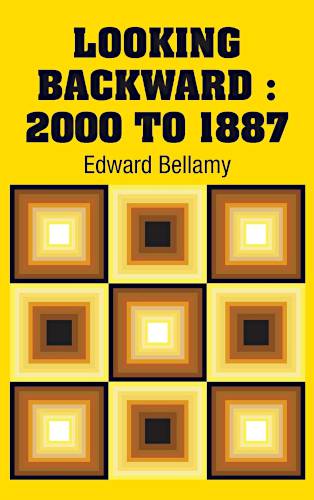
Looking Backward: 2000–1887 is an 1888 novel written by journalist Edward Bellamy. The book tells the story of Julian West, an American man who falls asleep in 1887 and wakes up in the year 2000.
Throughout the book, West marvels at how the world has changed in the 113 years while he was asleep.
The United States is now a socialist utopia where private property has been nationalized, wealth is distributed equally, working hours have been dramatically reduced, and everyone has access to free housing, education, and healthcare.
Bellamy's novel caused a sensation when it was originally published and it became one of the best-selling books of the 19th century.
Looking Backward: 2000–1887 went on to inspire numerous social reform movements of the time, and a handful of real-life utopian communities were motivated by the book's ideas.
2. Woman on the Edge of Time
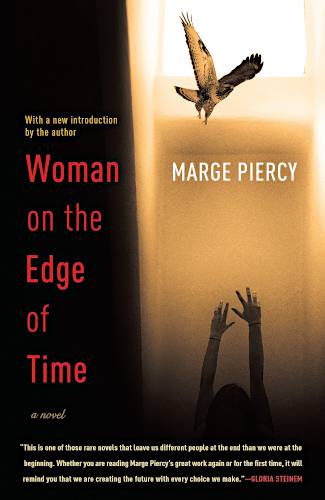
Woman on the Edge of Time is a 1976 book by American author Marge Piercy. The novel centers around Connie Ramos, a Mexican-American woman who's unfairly incarcerated in a mental hospital.
During her time there, Connie starts having visions of two potential future timelines, both set in the year 2137.
One timeline shows a utopian society called Mattapoisett, where humans of all races, genders, and sexualities live in peace. The other timeline shows a dystopian future where racism and misogyny have destroyed society for everyone except for a few wealthy people.
Woman on the Edge of Time is a classic of utopian fiction, as well as a must-read of feminist literature. It's a thought-provoking novel with a fascinating exploration of interesting themes that are unfortunately still relevant in our world today.
1. Ecotopia
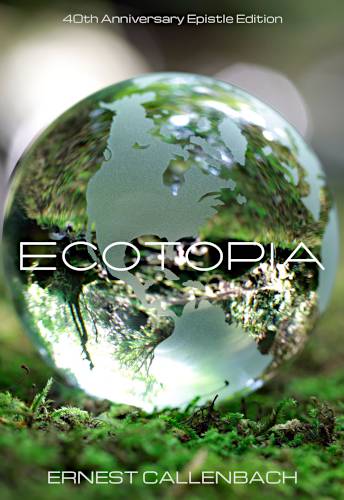
Ecotopia: The Notebooks and Reports of William Weston is a 1975 novel by American author Ernest Callenbach. The book presents one of the first ecological utopias in fiction, and it was a source of influence for the green movement of the 1970s.
The story follows Will Weston, a journalist who becomes the first American citizen to enter Ecotopia, a self-sustaining environmentalist utopia located in Northern California, Washington, and Oregon after their secession from the United States.
In the book, Ecotopia is presented as a thriving civilization with energy-efficient cities, gender equality, pollution control, a 20-hour workweek, and an all-around high quality of life for its citizens.
Almost 50 years after its publication, Ecotopia is still relevant today and has continued to inspire people looking for a better and more sustainable future.
